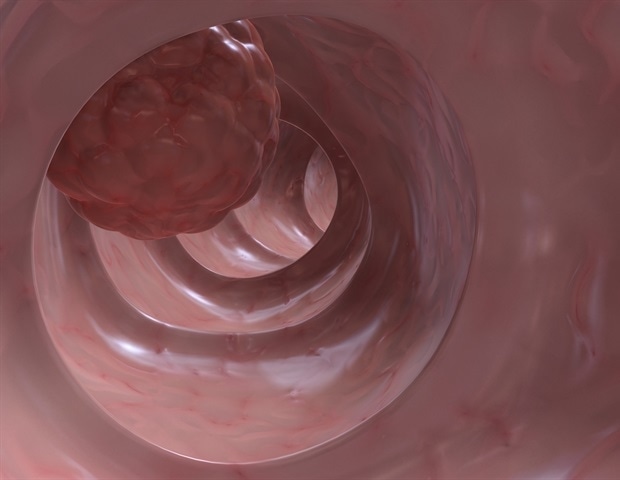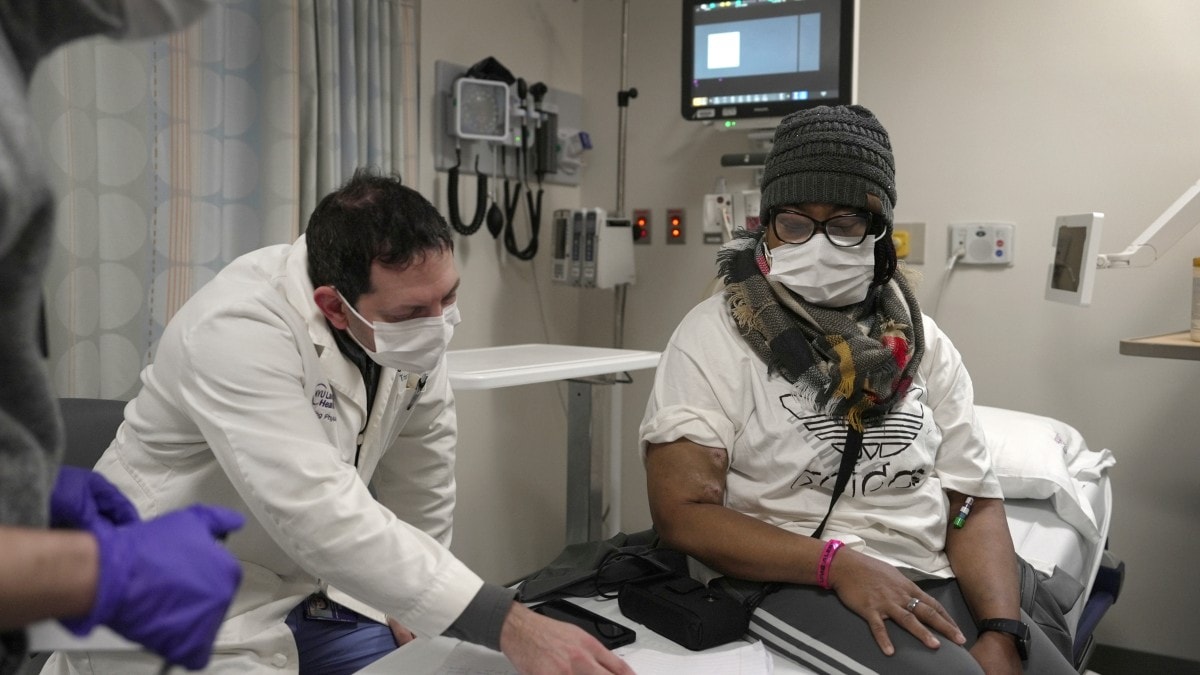A data analysis from a randomized clinical trial for stage 3 colon cancer patients by investigators at Dana-Farber Brigham Cancer Center found that patients with evidence of residual cancer in their blood after surgery to remove the cancer, may benefit from adding of celecoxib, to post surgery treatment. The analysis showed that patients with positive blood tests for circulating tumor DNA (ctDNA) had worse outcomes in general, but those who were treated with celecoxib, a non-steroidal anti-inflammatory drug, experienced significantly improved disease-free survival. "This is one of the first studies to show that ctDNA status has predictive utility in terms of selecting patients that respond better to a drug," says Jonathan Nowak, MD, PhD, a pathologist at Dana-Farber Cancer Institute and Brigham and Women's Hospital who presents the study at the American Society of Clinical Oncology Gastrointestinal Cancers Symposium on Jan.
25, 2025, in San Francisco, Calif. These results add to our earlier findings that celecoxib improves survival for PIK3CA mutated colon cancer. These findings will help develop a personalized approach to additional therapy for patients with early-stage colon cancer.
" Jeffrey Meyerhardt, MD, MPH, senior author and co-director of the Colon and Rectal Cancer Center at Dana-Farber Cancer Institute Patients with stage 3 colon cancer are initially treated with surgery to remove the cancer in the colon and nearby lymph nodes. After this treatment, they typically r.



















